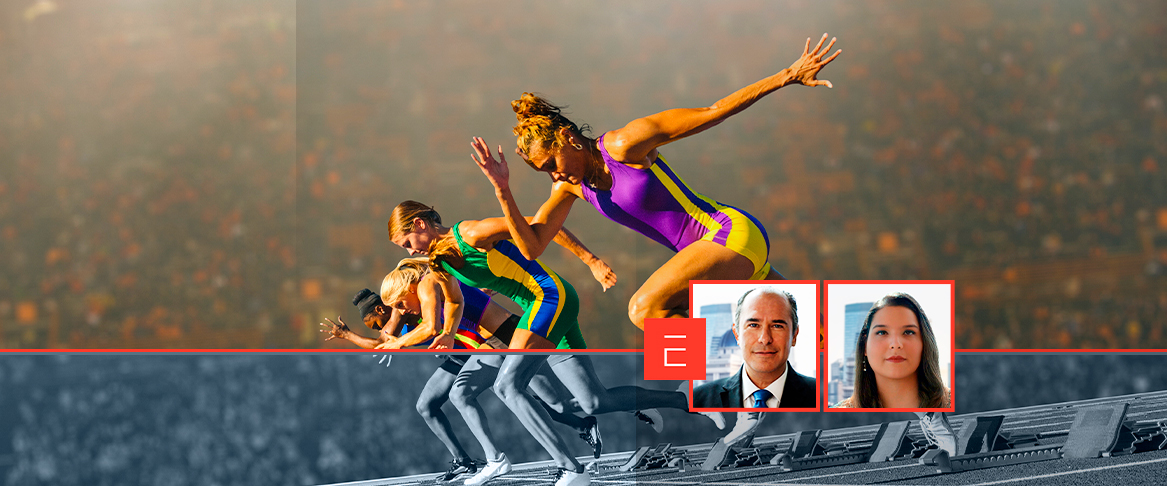The Mental Health of Olympic Athletes
By Georgina García & Ricardo Chacón
The mental health of Olympic athletes has garnered increasing attention in recent years, being recognized as an essential component for their performance and well-being.
Olympic athletes are exposed to unique pressures, such as intense competition and media exposure, which can affect their mental health. In particular, the need to include psychological support programs before, during, and after competitions has been identified.
There are instruments focused on protecting the mental health of Olympic athletes, such as:
- The World Anti-Doping Code indirectly addresses mental health by promoting clean and ethical sport. This code, adopted by the World Anti-Doping Agency (WADA), includes provisions to prevent the use of substances that can negatively affect athletes’ mental health.
- The Olympic Charter of the International Olympic Committee (IOC) establishes principles aimed at ensuring athletes compete in fair and safe conditions, which includes aspects of their psychological well-being.
- The Athlete Health Protection Law, although still in development in several countries, represents significant progress towards creating a more comprehensive and protective environment for athletes.
In Mexico, the General Law of Physical Culture and Sports and the Regulation of the General Health Law on the Provision of Medical Care Services establish the legal framework to protect the overall health of athletes, including their mental health. These regulations underline the obligation of sports institutions and health professionals to provide a safe and supportive environment for athletes.
CONADE has been providing sports psychology services to high-performance athletes in Mexico for over 20 years. Paulina Sánchez García, coordinator at FODEPAR and CNAR, highlights that this science studies psychological processes in sports activities, offering significant advantages. The Psychology Unit of CNAR attends to 19 sports disciplines with a team of 15 specialists, focusing primarily on the mental health of underage athletes.
Protecting the mental health of Olympic athletes requires a combination of legislative, regulatory, and practical implementation efforts. Existing laws and regulations provide a solid foundation, but it is essential to continue developing and applying specific regulations that address the unique challenges these athletes face. At ECIJA México, we are committed to offering specialized legal advice to help sports organizations comply with these standards and ensure a healthy and balanced environment for all athletes.
ECIJA México
socios.mexico@ecija.com
+52 55 5662 6840
www.ecija.com






